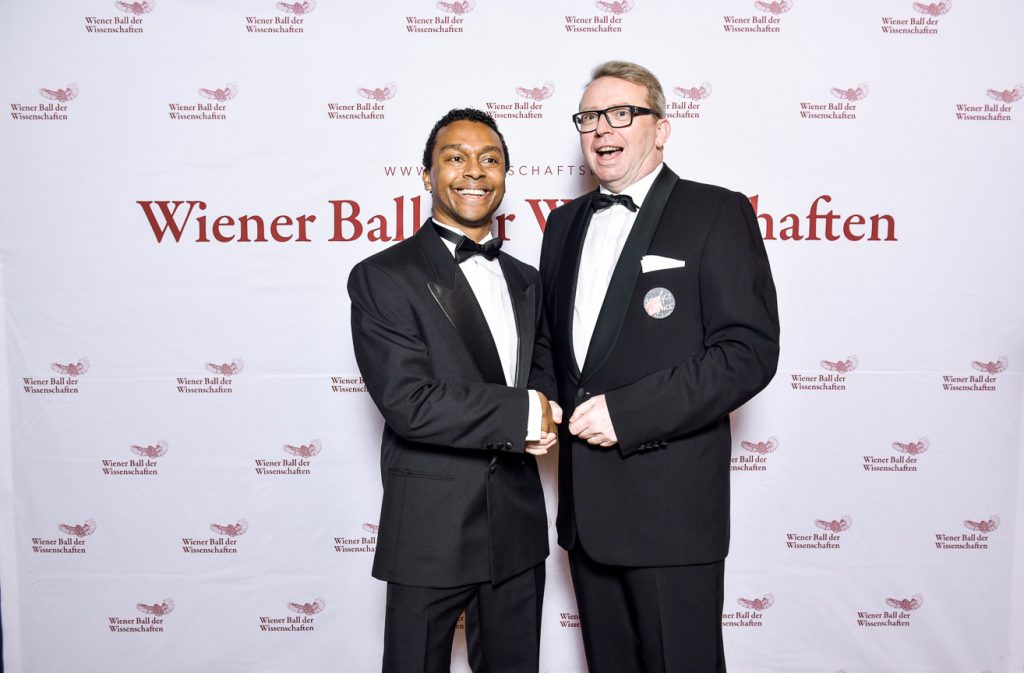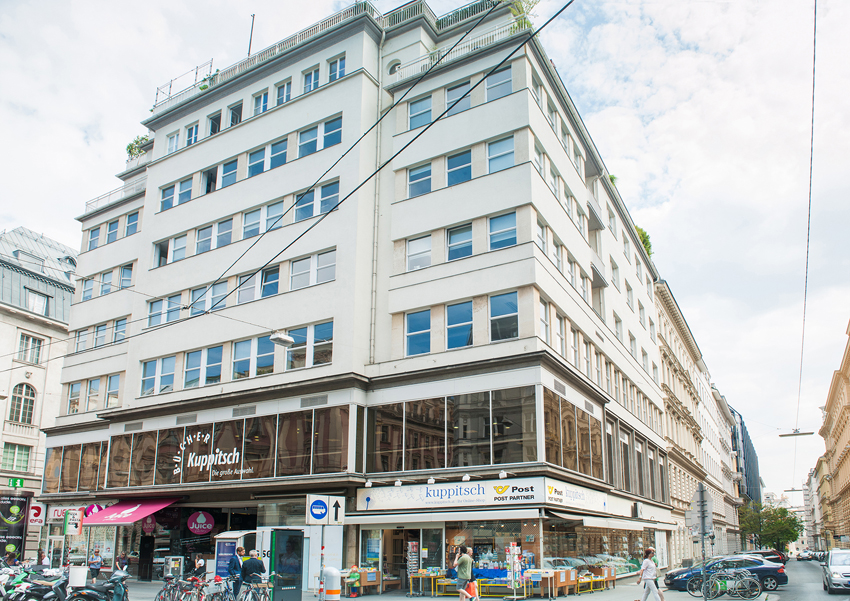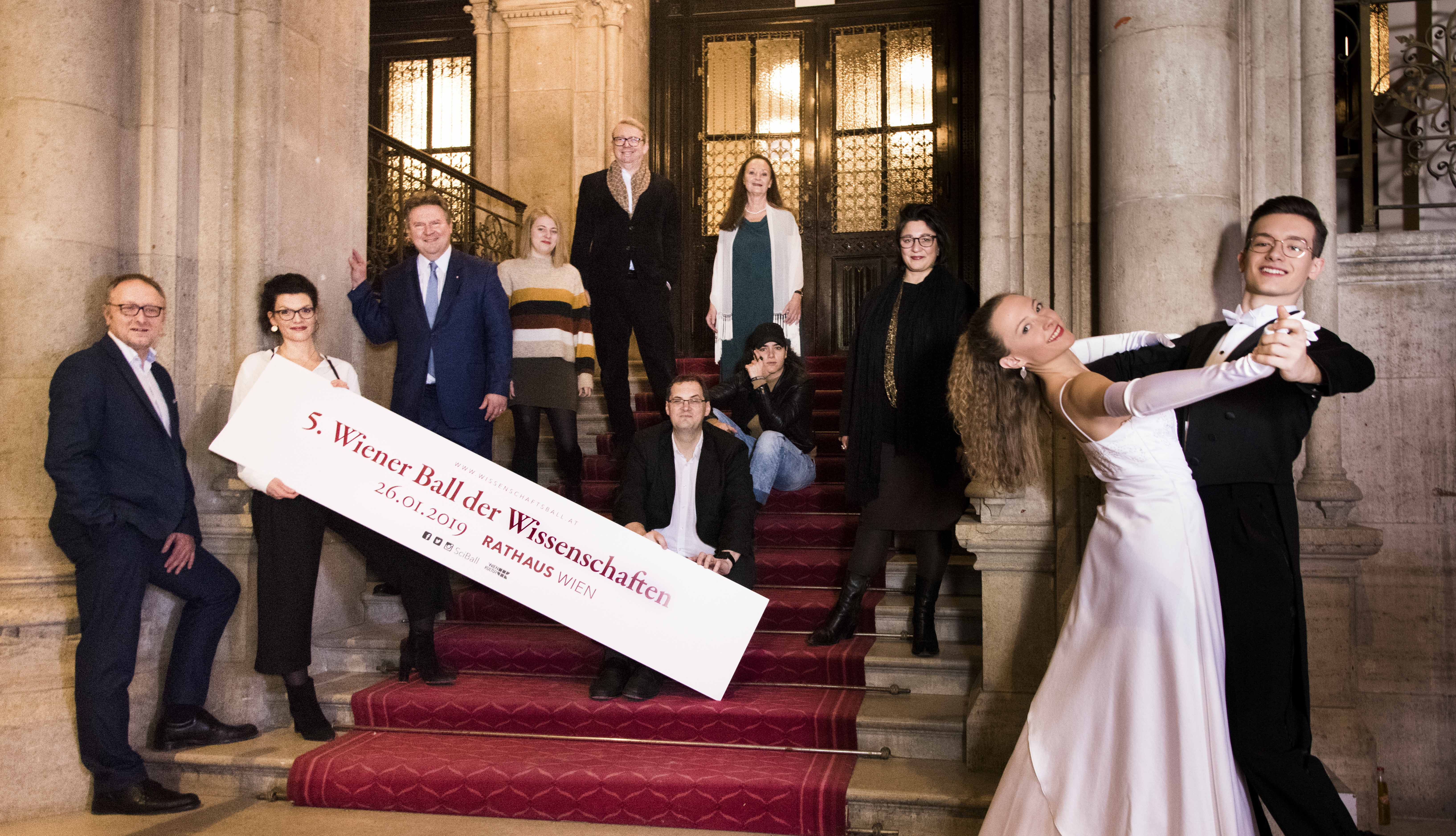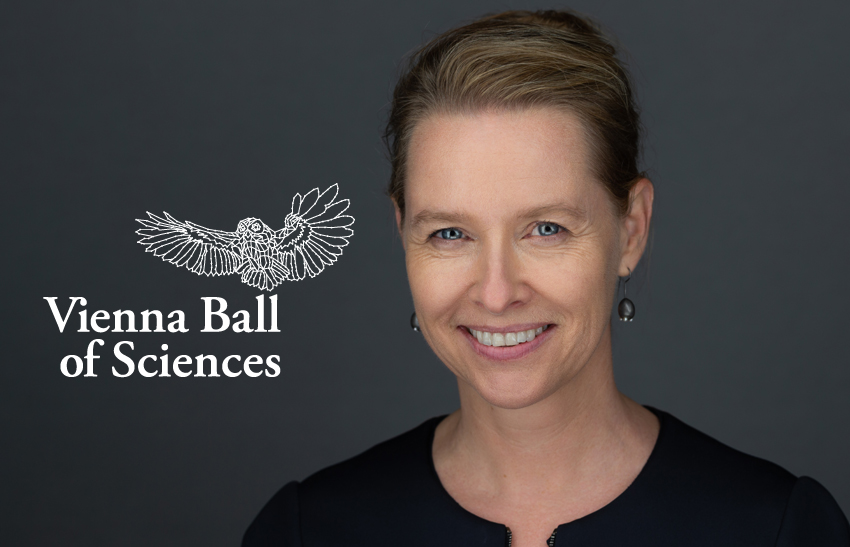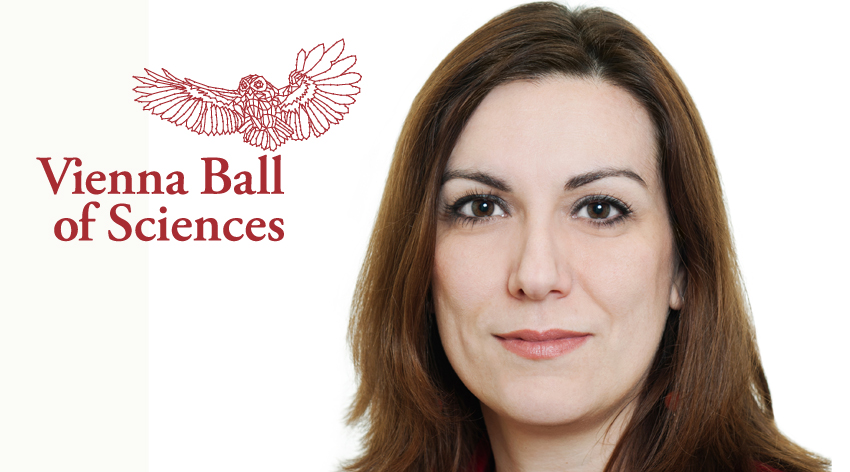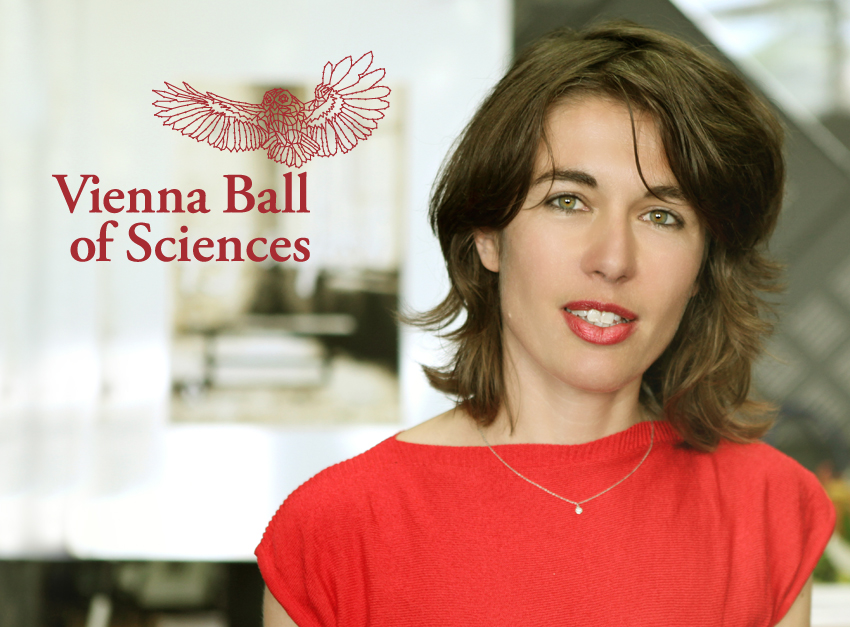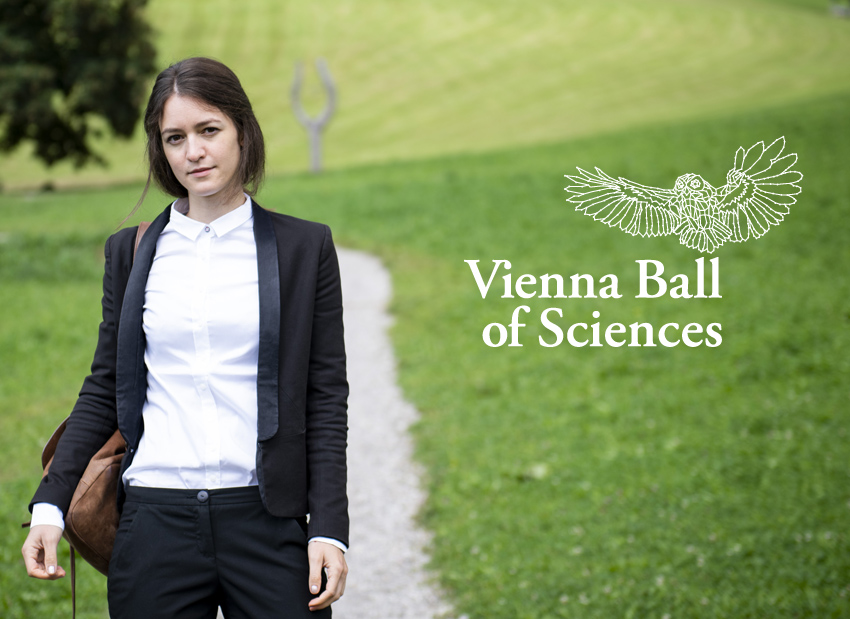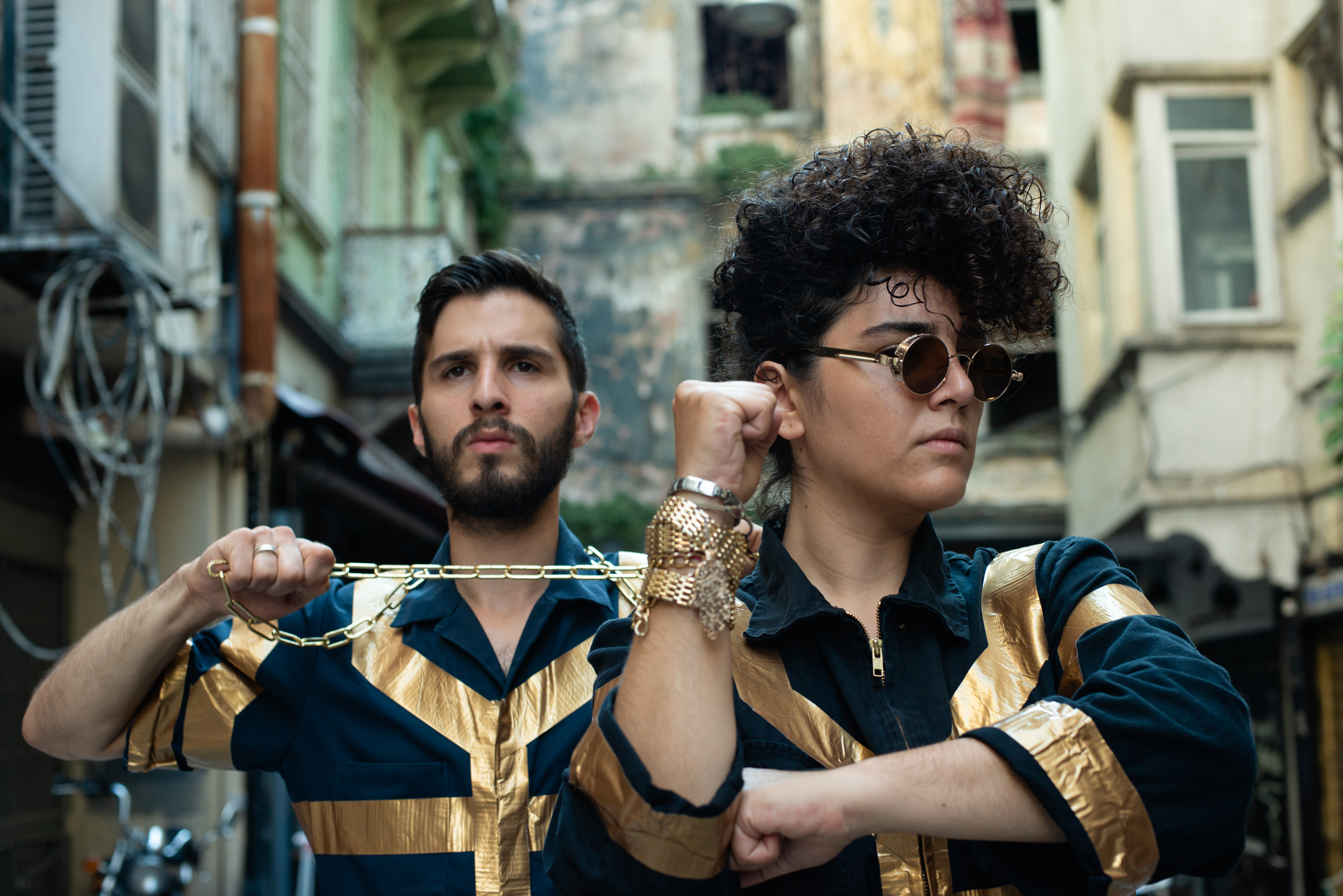 Check it out! At 1am our guests will have the pleasure to experience a lecture never seen before. Esra Özmen is not only part of the rap duo ESRAP, she is also a doctoral student at the academy of fine arts vienna. In her dissertation she discusses the rise of rap in Vienna’s outer districts. Recently, their new single “Kabadayi – Die Tage werden besser” was released; they are also looking for support for their new album with a crowdfunding project. She left us her somewhat different message:
Check it out! At 1am our guests will have the pleasure to experience a lecture never seen before. Esra Özmen is not only part of the rap duo ESRAP, she is also a doctoral student at the academy of fine arts vienna. In her dissertation she discusses the rise of rap in Vienna’s outer districts. Recently, their new single “Kabadayi – Die Tage werden besser” was released; they are also looking for support for their new album with a crowdfunding project. She left us her somewhat different message:
Esra also told us how it is to grow up in Vienna, handling a mixture of identities: as an Austrian, turkish woman, rapper and scientist. You can find the long version of the interview in our ball magazine, which will be distributed on the night of the ball.
How did the story of you and rap begin?
My parents come from Turkey, me and my brother were born here and grew up in a classic guest-worker flat in Ottakring. In secondary school I was one of 24 migrants within 25 students in total. When I later changed schools to go to a Gymnasium, the tables had turned: Suddenly I was the only foreigner out of 24 Austrians and told to just speak German. It hurt but back then I didn’t know why it did. The daily, subtle racism brought me to start writing texts. Later my brother joined and added the arabesque, this suffering singing. I always say that through arabesque we felt that we were suffering and through rap we found out why we did. That’s how we started to make music.
2011 you brought out a single called ‘Ausländer mit Vergnügen’ (‘Foreigner with Pleasure’). Has being a foreigner changed since then?
After graduation I started to study at the academy of fine arts. Everytime I am with my fellow students I am experiencing less racism becasue we are all from different countries anyways. But I do see it, especially when I have to go to administrative offices or when I am with my mum who wears a headscarf. That’s why I would say that I am still a ‘foreigner with pleasure’.
Are you handling it differently now?
I am more confident and address it more. Take as an example the police check, when officers inspected a rapper last year in the seventh district of Vienna without a particular reason. It showed many people that you can also fight back. But often it is up to us migrants to show, that we don’t have to put up with it. We also address this at workshops in youth centres or schools. Being political is a privilege though. I was basically raised in the park and wouldn’t be the same, if I was still hanging out there all the time.
Has your music changed as well, since you started to study?
Yes, I used to write with more gut instict. For some time I threw away everything I wrote cause I thought, somebody could misunderstand it. If today, I write a song called ‚Der Tschusch ist da‘ (pejorative term for a Slav or “oriental” person), I have to pose questions to myself as well: Why am I writing this? What does the word even mean? I got a lot of constructive critique from people around me. People told me that they were trying to avoid this word and here I am, just laying it on the table again. That is true. But it was my intention to turn the word around. I am proud to be a ‘Tschusch’ and I dont see it as an insult, but rather a confirmation.
Is there something rap can do, that science can’t?
Rap can reach people that science does not reach. All the teenagers in the 16th district listen to it, but they would never read books about it. We also never had any at home, not even newspapers. It’s a pity that rap is often connected with images of coke and women. That could change. I am realising for example that people around me start to occupy themselves more with my texts. They come to me and ask, if it is okay that somebody called them a ‘Tschusch’.
And the other way around: Can you reach people with your science that you can’t with your music?
I am sure there are people that would never listen to me if it wasn’t for a scientific context in which they get to know me. I can also tell that I am taken more seriously since I started studying. But I do have problems with the scientific language. Often I feel like people write in a complicated way on purpose, so that only a small group of people can read it. It reminds me of the opera: Some brag with knowing things about it, for others it means nothing.
Interview: Katharina Kropshofer
Foto: Daniel Shaked
